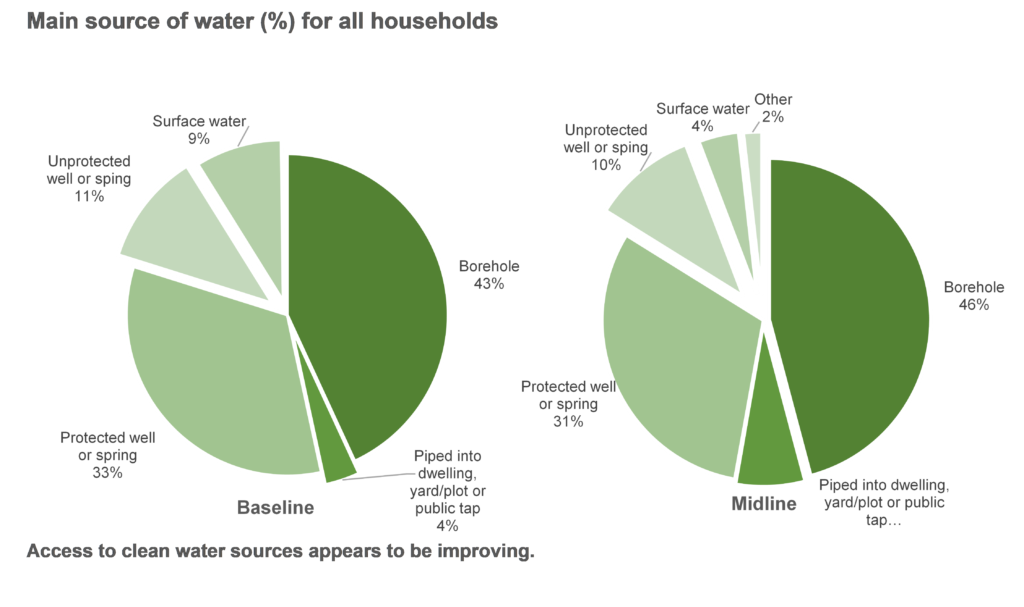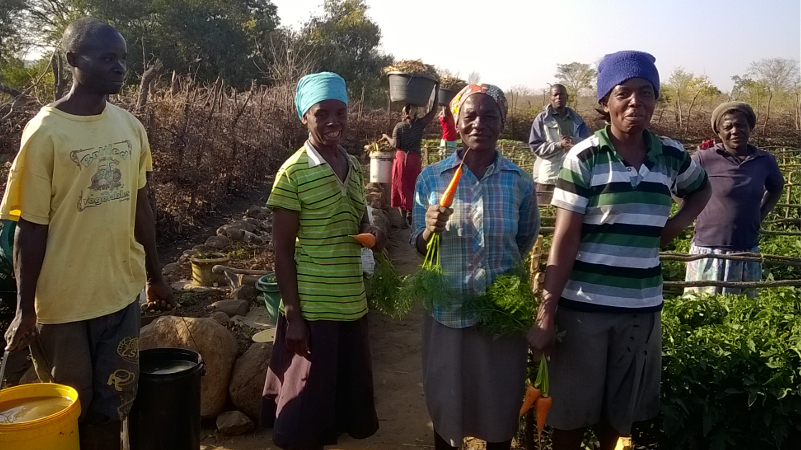LFSP Project, Zimbabwe
Improving Livelihoods and Food Security Programme in rural Zimbabwe
The Zimbabwe Livelihoods and Food Security Programme (LFSP) is a four-year programme which aims to increase agricultural productivity, increase incomes, improve food and nutrition security, and reduce poverty in rural Zimbabwe. The LFSP targets male and female smallholder farmers in eight diverse agro-ecological districts of Northern, Central and Eastern Zimbabwe, addressing constraints to productivity, market participation and the supply and demand of nutritious foods.
Getting the job done efficiently
The monitoring, reporting and evaluation activities are managed by Tetra Tech to facilitate internal lesson learning throughout the programme’s lifetime. These activities aim to bolster the evidence base on effective ways of supporting livelihoods and tackling food insecurity and malnutrition in the country.
The LFSP team used Cosmos from June 2015 to collect quantitative and semi-qualitative outcome and activity data, initially from 2,500 households in a baseline survey, and subsequently from almost 2,000 households in the 2017 midline evaluation. Cosmos allows the evaluators in the London office to access the data before the household surveys are even finished as they are available on the Cosmos platform in real time. The data is used to measure the programme’s impact on food and nutrition security, and to give the programme’s implementing partners’ real-time information on activities to allow course correction.
“Cosmos does away with the need for paper-based surveys, reduced the risk of data being lost and cuts out the errors that can occur when the data is manually typed in from paper forms.” – Mike Brewin, Team Leader
The analysis of this information has allowed a number of interventions, such as tightening up the guidelines surrounding the issuance of loans to farmers to protect farmers from inappropriate products and the consequences of payment of funds or supply of inputs, and significantly ramping up third party monitoring to assess true numbers of people who have received training and are adopting technologies within the operational ward.
Delivering value
Analysis of this data is helping the programme to contribute to poverty reduction and actively address the specific constraints that smallholder farmers, particularly women, face in raising the productivity of their farms and enabling them to sell the food they produce in markets.
For more information, visit LFSP



